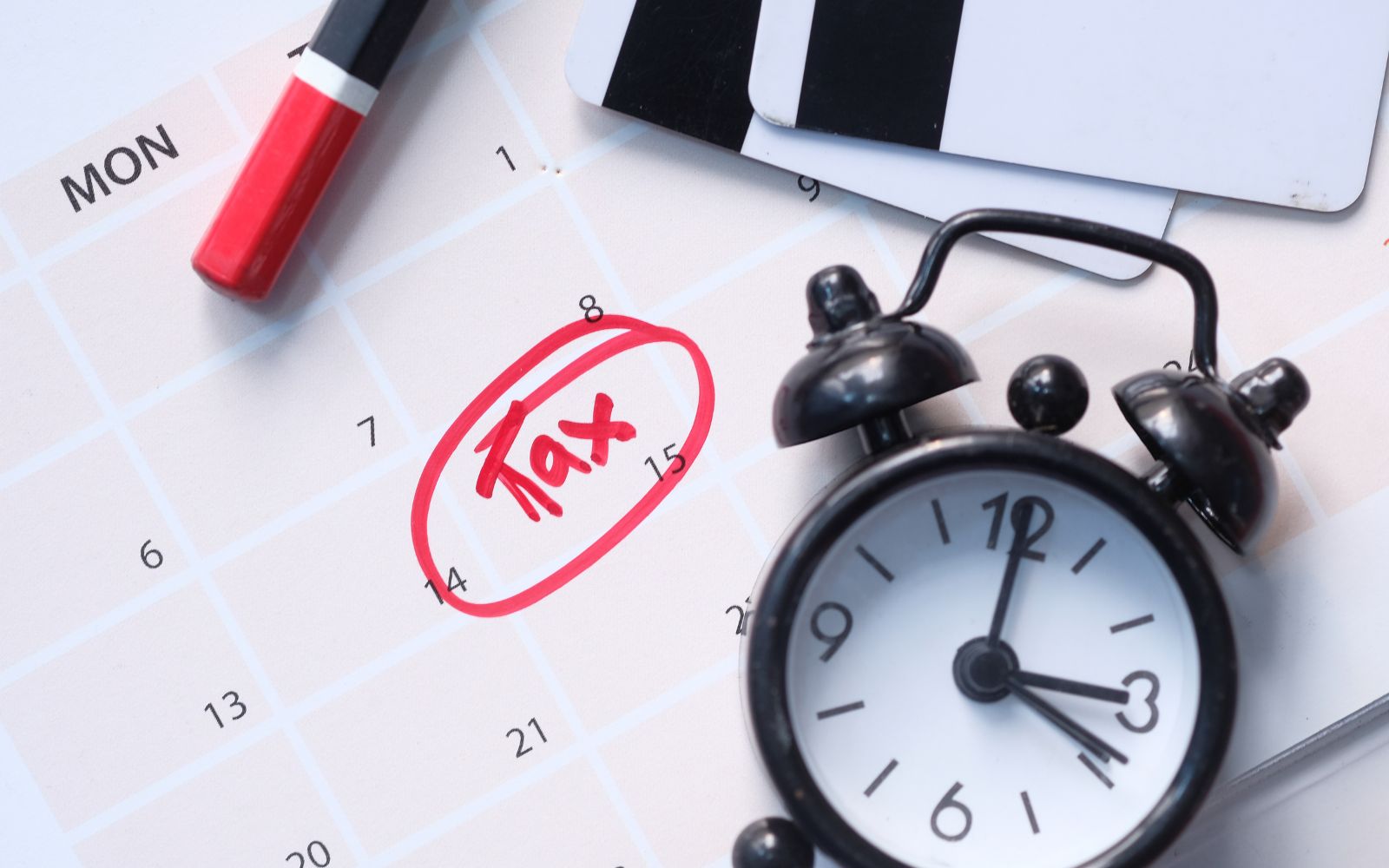Director’s loan accounts: recording personal expenses

When making routine reviews of company tax returns, HMRC commonly finds errors in directors’ loan accounts. Expenses – as well as cash payments – incurred on behalf of a director can be ambiguous, so it’s very important to keep accurate records of all your transactions through the loan accounts.
Directors’ personal expenses
When determining its taxable profits, a company may not deduct expenditure unless it’s incurred exclusively for trade purposes. Companies, their directors and their shareholders are completely separate legal entities so a company can’t claim anything as personal expenses. However, it is quite common for ‘close’ companies with five or fewer shareholders to pay for their directors’ personal expenses.
When payments are incurred on behalf of a director or made directly to them they are not part of a director’s remuneration package, so can’t be deducted for corporation tax. They must be debited to the director’s loan account instead.
Establishing whether a payment is part of a director’s remuneration package or not can be quite complicated (that’s when our own account managers can step in to help!)
Where the expenditure forms part of the remuneration package it will be an allowable expense of the company and the appropriate employment taxes (PAYE income tax and NICs) should be paid. Otherwise, the relevant amount should be debited to the director’s loan account.
Cash transactions
If there is a cash transaction from the company to a director, this is considered as a loan and has to be repaid by the end of the accounting period. If not, this may present a tax liability for the company.
The tax charge, known as the ‘S 455 charge’ is calculated as 32.5% of the amount of the loan. The charge can be avoided by clearing the loan prior to the corporation tax due-date of nine months and one day after the end of the accounting period.
Record-keeping
For all the reasons above, it is crucial to keep an accurate record of all the transactions (cash and non-cash) between the directors and the company.
Our Account Managers can help you make sense of the transactions, but failing to keep track of every single expense can easily mean that the information provided in your tax return is false, such as non-business expenses incurred by the directors accidentally being claimed as a business expense. Or, vice-versa, business expenditure on behalf of the directors might not be claimed accurately and end up causing an imbalance in the director’s loan account, with the risk of triggering a Section 455 tax liability which would then be underpaid.
So take note, and keep all of those receipts safe!
The information available on this page is of a general nature and is not intended to provide specific advice to any individuals or entities. We work hard to ensure this information is accurate at the time of publishing, although there is no guarantee that such information is accurate at the time you read this. We recommend individuals and companies seek professional advice on their circumstances and matters.




